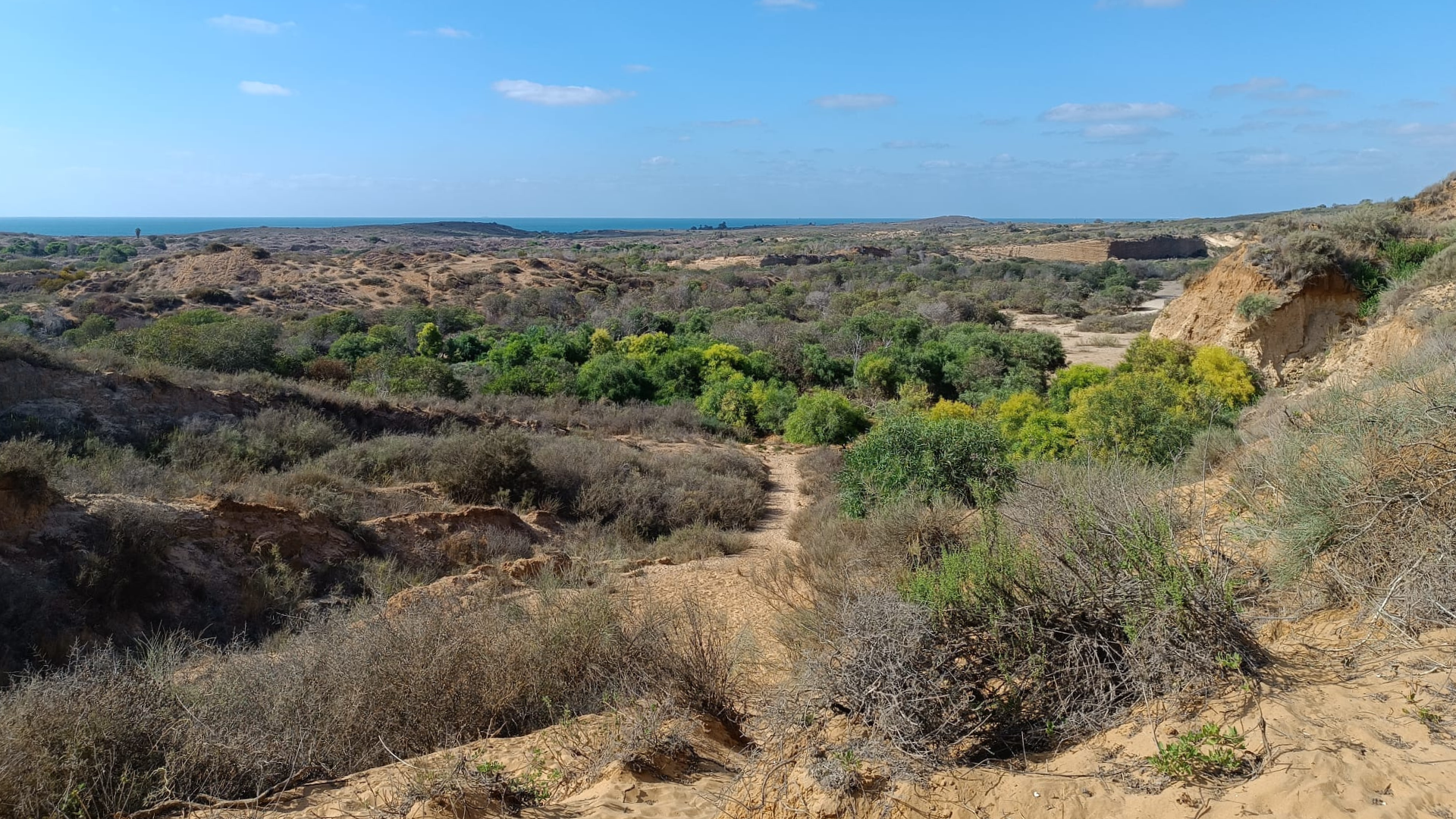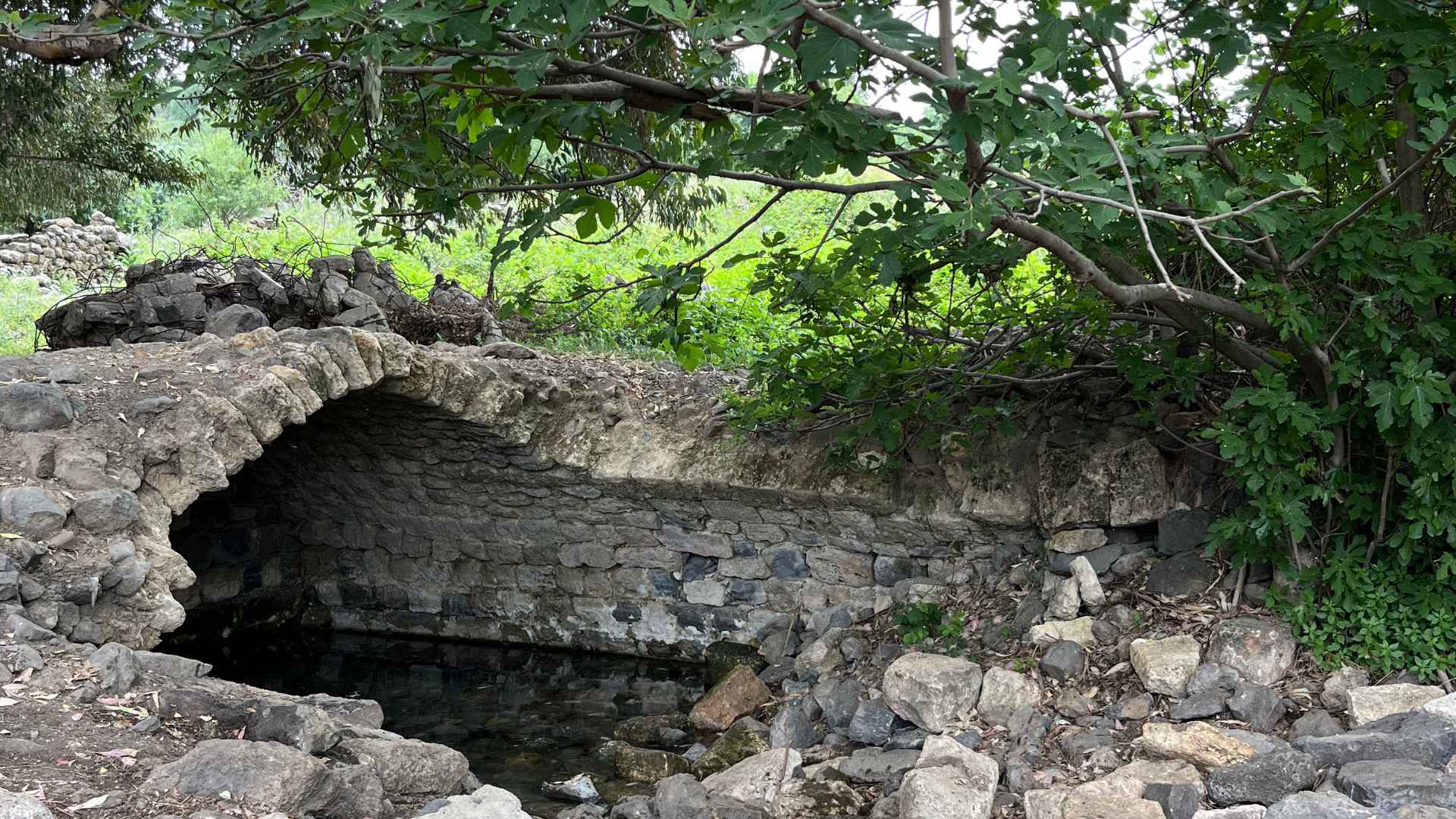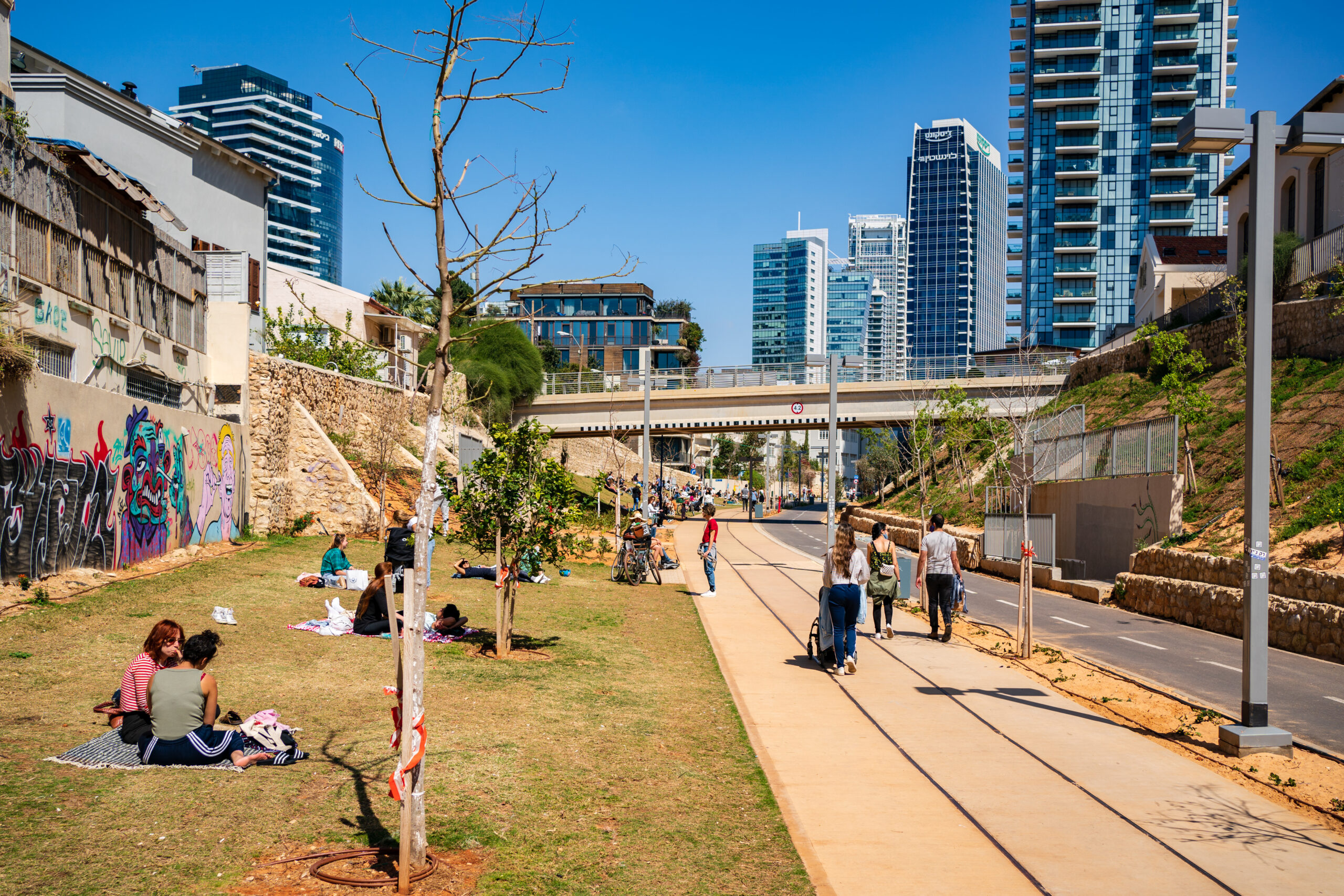The Mateh Yehuda planning committee has rejected a proposal to fence off the Beit Zayit reservoir, a site valued by locals and hikers as a natural retreat. The decision aligns with Adam Teva V’Din’s formal objection, which argued that the proposed fencing lacked a sound legal basis.
Eli Ben Ari, Legal Advisor at Adam Teva V’Din, welcomed the ruling: “By rejecting the plan to enclose the area, the public’s right of access to nature is upheld. Just as importantly, the decision preserves the area’s continuity as an ecological corridor.”
Zohar Afek, the organization’s ecologist, recently completed a comparative study on how other countries are responding to the climate crisis by embedding the protection of ecological corridors into national policies, regulations, and planning frameworks.
She notes that even when national legislation is in place, it must be reinforced locally by informed planning decisions, cross-agency coordination, and concrete mechanisms for long-term stewardship.
“Planners in Israel must recognize that humans are not the only species dependent on space and resources,” she says. “When we damage ecological corridors, we ultimately harm ourselves.”





